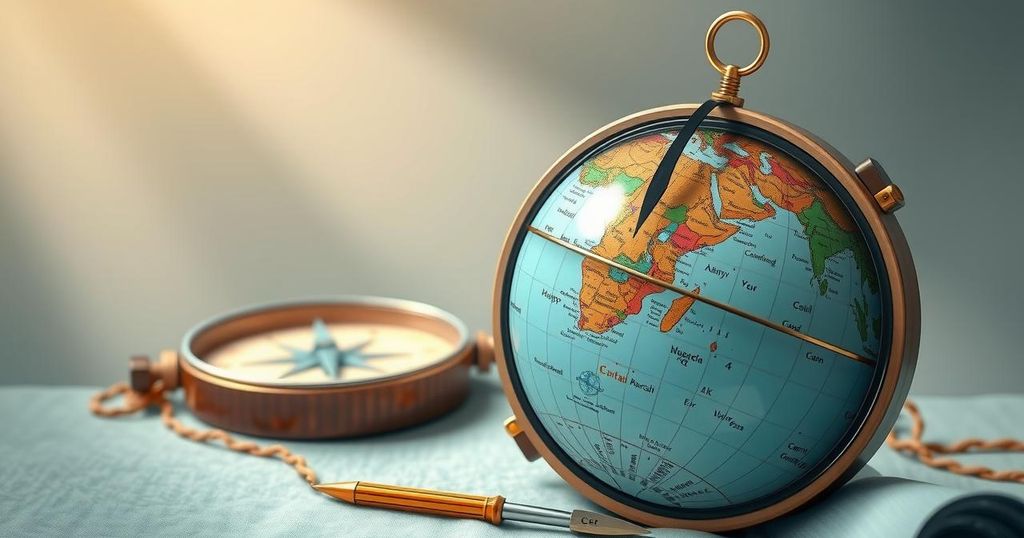Essential Tips for a Respectful American Experience in Europe

Traveling to Europe requires preparation to avoid common American tourist pitfalls. Key points include understanding air conditioning availability, dining customs, water charges in restaurants, differences in hotel standards, and language etiquette. Being aware of these aspects can greatly enhance your travel experience and minimize culture shock.
Traveling to Europe can be delightful, but to avoid being labeled as a stereotypical American tourist, preparation is crucial. Understanding the local customs and culture can enrich your experience. Rick Steves, a noted travel expert, emphasizes the importance of preparation over avoiding culture shock. One should embrace cultural differences and approach travel with an open mind.
In Europe, air conditioning is less common, particularly in Northern European countries. Travelers should always confirm the availability of air conditioning in their accommodations, as it may not be as effective as what they are used to. As Ryan Villa points out, Americans often underestimate the differences in hotel standards between the US and Europe.
In many European restaurants, bottled water comes with a charge, and expectations for free tap water may vary. It’s essential to clarify whether you prefer sparkling or still water. However, public water fountains, especially in Southern Europe, provide free drinking water, with cities like Rome boasting thousands of accessible fountains.
When booking hotels, it’s crucial to note that European hotel ratings differ from those in the US. Three-star hotels in Europe might be older and less well-staffed than their American counterparts. Understanding these differences can make your travel expectations more realistic, as can knowing that hotel rooms and bathrooms are generally smaller in Europe.
Public restrooms in Europe often require a small fee to use, and their designs can vary significantly from American standards, with some featuring squat toilets. Tipping is not a universal practice across Europe, with customs varying widely and a lower percentage considered standard.
Adapting your electrical equipment is also necessary as European outlets differ, operating on 240 volts. Travelers should acquire appropriate power adapters before their trip. Furthermore, meal times in Europe can be later than in the US, with dinners often starting around 8 or 9 PM, so adjust your dining expectations accordingly.
Learning a few basic phrases in the local language can go a long way in creating goodwill. It’s essential to greet shopkeepers and restaurant staff in their language, showing respect and enhancing interactions. Understanding that Europe is diverse, with each country having distinct norms and customs, is critical for respectful travel.
Lastly, expecting some culture shock can be beneficial. Embracing differences and acknowledging that you may need to adapt to new customs will help minimize frustration. With thoughtful preparation and a willingness to experience the local culture, you will likely enjoy a more fulfilling European adventure.
Preparing for a trip to Europe involves understanding cultural norms that differ from American customs. Key considerations include the rarity of air conditioning, the dining culture, water charges in restaurants, the need for adapters, and smaller hotel accommodations. Furthermore, approaching local interactions with respect for the language and customs enhances the travel experience. Expecting and adapting to culture shock can lead to a more rewarding vacation.
Original Source: www.washingtonpost.com








